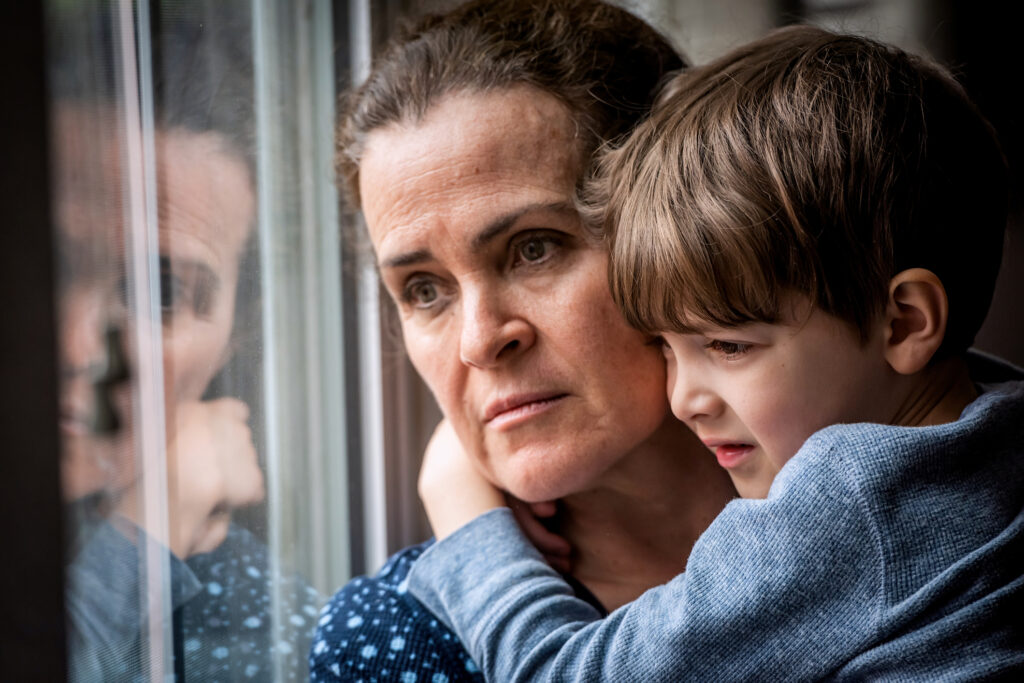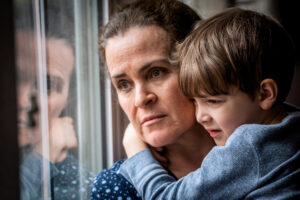Parenting is a journey filled with wonder, joy, and the occasional curveball. When a child is diagnosed with a rare genetic syndrome, that journey can take an unexpected turn. Suddenly, you’re navigating unfamiliar medical terminology, searching for answers, and doing everything you can to support your child’s unique needs. We guide parents facing this challenging path and explain what rare genetic syndromes are, how they can impact a child’s development, and, most importantly, where you can find resources and support to help your child thrive.
What are Rare Genetic Syndromes?
Rare genetic syndromes are disorders caused by genetic changes or mutations in an individual’s DNA. These conditions are considered “rare” because they affect a small percentage of the population, often making them less understood and harder to diagnose. The National Institutes of Health (NIH) defines a rare disease as one that affects fewer than 200,000 people in the United States. However, collectively, rare diseases affect millions of individuals and families.
Common Features of Rare Genetic Syndromes
- Delayed milestones: These may include delays in crawling, walking, or talking.
- Physical abnormalities: Such as distinctive facial features or growth issues.
- Behavioral challenges: Including difficulties with focus and social interactions.
Recognizing the Impact on Development
Understanding how a rare genetic syndrome affects development is important in crafting a supportive environment for your child. Here’s a closer look at some common developmental areas impacted:
1. Cognitive Development
- Learning difficulties: Some children may struggle with memory, problem-solving, or learning new skills.
- Communication challenges: Delays in speech or difficulties in understanding language can occur.
2. Physical Development
- Growth abnormalities: These can include shorter stature or uneven growth. For example, individuals with Turner Syndrome, a rare chromosomal disorder, often experience short stature. Other syndromes may affect bone growth or overall body proportions.
- Motor skill delays: Struggles with coordination or muscle control may be evident. For instance, children with Duchenne Muscular Dystrophy, a rare genetic condition, experience progressive muscle weakness, leading to delays in motor milestones and eventual loss of ambulation.
3. Social and Emotional Development
- Social interaction difficulties: Some children might have trouble forming relationships or understanding social cues.
- Emotional regulation: Managing emotions can be challenging, leading to potential behavioral concerns.
To understand more about how various genetic disorders influence child development, read our article on Genetic Disorders in Children.
Navigating Diagnosis and Support
Steps to Take if You Suspect a Rare Genetic Syndrome
If you notice signs that suggest a rare genetic syndrome, here’s how to proceed:
- Consult with a pediatrician: Start with your child’s doctor who can guide initial assessments.
- Online Screening Tools: Use AI-based tools like the Family Health Checker app to check your child at home. The app provides an informational summary and options to consult medical professionals, including genetics specialists. If applicable, you will be notified and referred to a no-cost genetic test.
- Seek a genetic specialist: A geneticist can conduct more detailed tests like Chromosomal Microarray Analysis (CMA) to identify specific genetic abnormalities. Genetic testing technologies have advanced significantly in recent years, allowing for more precise diagnoses of rare genetic syndromes.
- Engage with a multidisciplinary team: Specialists such as speech therapists, occupational therapists, and psychologists can offer tailored support and interventions.
Building a Supportive Environment
Creating a nurturing home and learning environment is important for helping your child reach their potential:
- Focus on strengths: Identify and nurture your child’s unique strengths and interests.
- Establish routines: Consistent schedules can provide stability and predictability.
- Encourage social interaction: Facilitate playdates or social groups to enhance social skills.
Leverage Resources and Community Support
Now that you’re equipped with foundational information, it’s essential to leverage resources and build community support to further empower your journey.
Resources For Parents of Children with Rare Genetic Syndromes
- Genetic counseling services: When families face the challenges of inherited conditions, genetic counseling can be an invaluable resource. It provides a safe space to explore genetic risks, understand diagnoses, and plan for what lies ahead.
- Support groups: Connect with other families dealing with similar challenges. Online communities can be incredibly resourceful and comforting.
- Educational materials: Organizations like the National Organization for Rare Disorders (NORD) offer detailed guides and resources.
Advocate for Your Child
- Collaborate with schools: Work with teachers and school staff to implement individualized learning plans.
- Stay informed: Keep up to date with the latest research and treatment options for your child’s specific condition.
Facing a rare genetic syndrome can be a challenging journey, but remember, you are not alone. By understanding how these syndromes impact your child’s development, you’re already taking an important step in advocating for their well-being. Use the available resources and collaborate with professionals to build a nurturing environment where your child can flourish.



